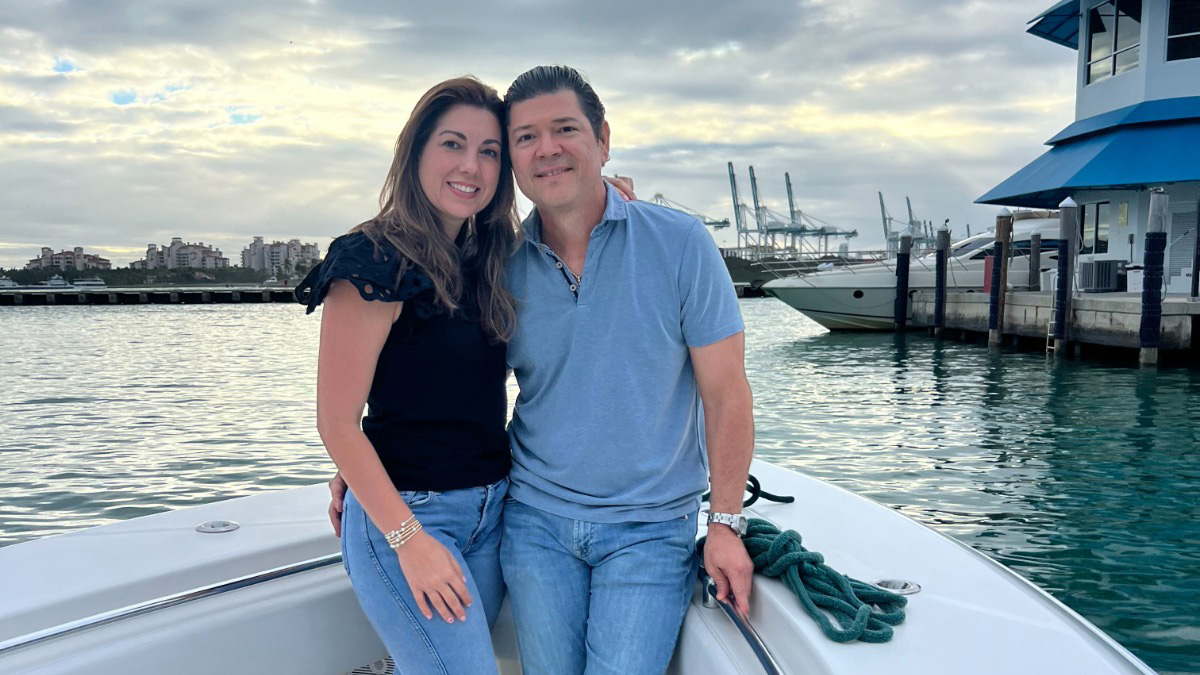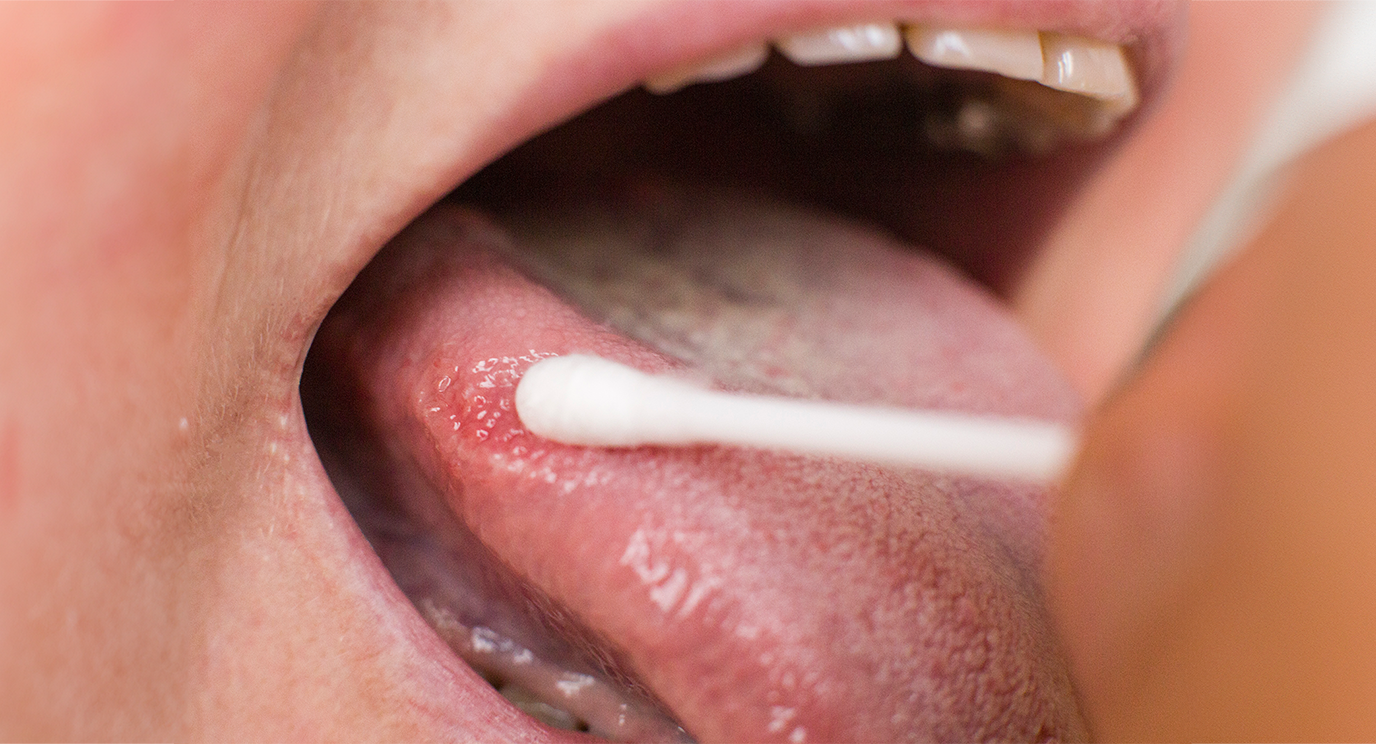- Diseases
- Acoustic Neuroma (14)
- Adrenal Gland Tumor (24)
- Anal Cancer (68)
- Anemia (2)
- Appendix Cancer (16)
- Bile Duct Cancer (26)
- Bladder Cancer (72)
- Brain Metastases (28)
- Brain Tumor (232)
- Breast Cancer (714)
- Breast Implant-Associated Anaplastic Large Cell Lymphoma (2)
- Cancer of Unknown Primary (4)
- Carcinoid Tumor (8)
- Cervical Cancer (158)
- Colon Cancer (166)
- Colorectal Cancer (116)
- Endocrine Tumor (4)
- Esophageal Cancer (44)
- Eye Cancer (36)
- Fallopian Tube Cancer (8)
- Germ Cell Tumor (4)
- Gestational Trophoblastic Disease (2)
- Head and Neck Cancer (12)
- Kidney Cancer (128)
- Leukemia (342)
- Liver Cancer (50)
- Lung Cancer (286)
- Lymphoma (278)
- Mesothelioma (14)
- Metastasis (30)
- Multiple Myeloma (100)
- Myelodysplastic Syndrome (60)
- Myeloproliferative Neoplasm (4)
- Neuroendocrine Tumors (16)
- Oral Cancer (100)
- Ovarian Cancer (172)
- Pancreatic Cancer (160)
- Parathyroid Disease (2)
- Penile Cancer (14)
- Pituitary Tumor (6)
- Prostate Cancer (146)
- Rectal Cancer (58)
- Renal Medullary Carcinoma (6)
- Salivary Gland Cancer (14)
- Sarcoma (238)
- Skin Cancer (296)
- Skull Base Tumors (56)
- Spinal Tumor (12)
- Stomach Cancer (64)
- Testicular Cancer (28)
- Throat Cancer (92)
- Thymoma (6)
- Thyroid Cancer (96)
- Tonsil Cancer (30)
- Uterine Cancer (80)
- Vaginal Cancer (16)
- Vulvar Cancer (20)
- Cancer Topic
- Adolescent and Young Adult Cancer Issues (20)
- Advance Care Planning (10)
- Biostatistics (2)
- Blood Donation (18)
- Bone Health (8)
- COVID-19 (362)
- Cancer Recurrence (120)
- Childhood Cancer Issues (120)
- Clinical Trials (630)
- Complementary Integrative Medicine (22)
- Cytogenetics (2)
- DNA Methylation (4)
- Diagnosis (232)
- Epigenetics (6)
- Fertility (62)
- Follow-up Guidelines (2)
- Health Disparities (14)
- Hereditary Cancer Syndromes (126)
- Immunology (18)
- Li-Fraumeni Syndrome (8)
- Mental Health (116)
- Molecular Diagnostics (8)
- Pain Management (62)
- Palliative Care (8)
- Pathology (10)
- Physical Therapy (18)
- Pregnancy (18)
- Prevention (914)
- Research (392)
- Second Opinion (74)
- Sexuality (16)
- Side Effects (604)
- Sleep Disorders (10)
- Stem Cell Transplantation Cellular Therapy (216)
- Support (402)
- Survivorship (320)
- Symptoms (182)
- Treatment (1786)
Oral cancer survivor adjusts after facial reconstruction
3 minute read | Published December 06, 2016
Medically Reviewed | Last reviewed by an MD Anderson Cancer Center medical professional on December 06, 2016
While life isn’t exactly the same, Ronnie Queenan prefers to acknowledge that he’s still alive five years after undergoing surgery and radiation to remove a tumor from his jaw.
“Just have an attitude of gratitude,” he says.
Ronnie’s cancer journey began July 2011, when a stubborn toothache forced him into a tooth extraction.
“I was really sore after I had it pulled, but I didn’t think nothing of it. I went back to the same dentist, and he noticed the tooth next to it was loose as well and so he pulled that tooth, too,” says Ronnie, now 61.
When the soreness didn’t go away, Ronnie returned to the dentist a third time. The dentist noticed his gums weren’t healing, so he took a biopsy. It showed a tumor on the right side of his jaw.
Facial reconstruction at MD Anderson
Ronnie’s dentist referred him to MD Anderson, and within two weeks, Ronnie received his official diagnosis: stage IV squamous cell carcinoma, a type of oral cancer. Erich Sturgis, M.D., and Edward Chang, M.D., told him he needed surgery to remove a part of his jaw and six weeks of daily radiation therapy.
“They told me the risks, but if I didn’t do it, I wouldn’t live because the cancer had spread to a nerve that goes up to your brain,” he says.
On Sept. 3, 2011, Sturgis and Chang performed the 10-hour surgery, which included reconstruction of Ronnie’s jaw.
“They took a femur bone out of my leg and transferred it into my right jaw. Then they look a layer of skin from my thigh to cover that bone. They had to extract half of my bottom teeth,” he says.
Ronnie was discharged from the hospital eight days later. The skin graft on his leg healed slowly, but overall, he says the pain after surgery was manageable.
“MD Anderson made sure that I was comfortable and as pain-free as possible,” he says.
He had a feeding tube for several weeks, then he was placed on a pureed food diet until he was outfitted with prosthetic teeth after completing radiation therapy in December 2011.
Coping with oral cancer treatment side effects
Since then, Ronnie has learned to live with the permanent side effects of his oral cancer treatment: 90% hearing loss, dry mouth, difficulty swallowing, loss of feeling in his lips, altered taste buds and a slightly asymmetrical jaw.
“It’s a new normal for me now,” he says.
Ronnie’s new teeth are mostly cosmetic and can’t handle heavy-duty chewing, so he always cuts up harder foods into bite-size pieces. And with altered taste buds and a sensitive throat, some things are just off limits.
“I just can’t eat spicy foods like I used to. It burns more now,” he says. “I can’t drink soda now unless I dilute it with water, or else it burns my throat.”
But when his neck is really stiff and he has trouble swallowing, Ronnie finds some relief with exercises that his care team taught him. Twice a day, Ronnie stretches his neck by turning his head as far right and left as possible, then lifting it upward. He also stretches his neck by repeatedly opening his mouth very wide. To help the muscles relax more, he usually does the exercises in the shower, though his doctor says a hot towel will also do the job.
Life after reconstructive surgery
Today, Ronnie volunteers with myCancerConnection, MD Anderson’s one-on-one support program for patients and caregivers. He shares his experience and advice with other patients facing their own oral cancer treatment.
Most want his advice on learning to cope with the cosmetic consequences of reconstructive surgery. As he tells them, “It’s a process. Nobody wants to be disfigured, but you just have to come to a point of acceptance. Nothing might happen, but you have to accept that something possibly could. The main thing is to focus on getting rid of cancer and having a quality of life.”
For Ronnie, that’s meant embracing all the things that haven’t changed in his life, such as his abilities to exercise, write and paint.
“The main thing is to really have a positive attitude,” he says.
Request an appointment at MD Anderson online or by calling 1-844-429-6441.
Related Cancerwise Stories

Just have an attitude of gratitude.
Ronnie Queenan
Survivor





